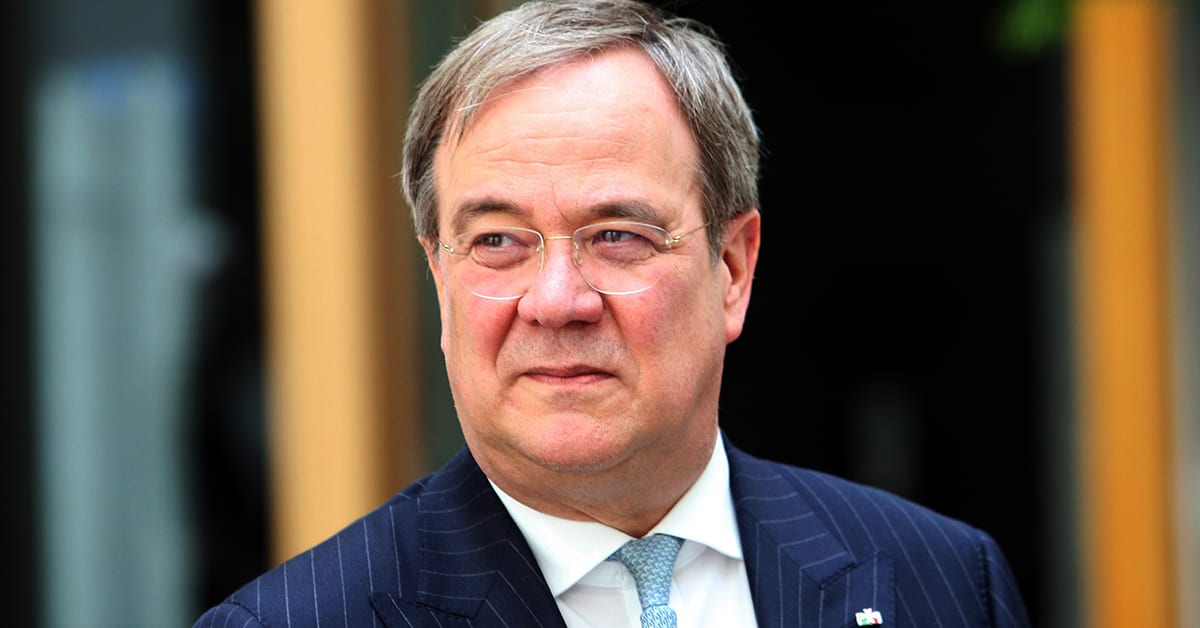Angela Merkel’s center-right Christian Democratic Union chose Armin Laschet to lead the party.

A virtual unknown outside Germany, Armin Laschet, the 59-year-old premier of the state of North Rhine-Westphalia, could now become one of the world’s most powerful politicians. Angela Merkel’s center-right Christian Democratic Union (CDU) chose him last month to lead the party; will it also pick him as the candidate to succeed the long-serving chancellor in September’s federal elections?
His call for continuity as Merkel prepares to end her 15-year tenure helped him beat the other two contender for the party leaderships. But his “level-headed approach,” as he describes it, might not be what the electorate wants.
Laschet replaces Annegret Kramp-Karrenbauer, who was handpicked by Merkel to lead the CDU in 2018. Wryly dubbed “Mini-Merkel” by the German press for her closely aligned policies and similar style, she failed to unite the party and its base behind her and eventually stepped aside.
Laschet faces much the same problem. The son of a miner, he is a law graduate and a former journalist. His political career is marked by as many misses as hits. He won a seat in the Bundestag at 33, only to lose it four years later. He ran unsuccessfully in 2010 to lead the CDU’s branch in his home state, but won two years later.
As he transitions to the federal stage, it remains to be seen whether his loyalty to Merkel will prove an asset. “They are both centrists, both pragmatists and they are both supporters of the liberal economic philosophy,” says Matt Qvortrup, professor of political science and international relations at Coventry University and author of a 2016 book on Merkel. “Laschet is quiet and affable, perhaps a bit dull; but he is also someone who is used to governing Germany’s most populous state, and he excels at getting deals done behind the scenes.”
Between now and September, Laschet will have to prove he has what it takes not only to lead the party and a country transformed by the Covid-19 pandemic, but also to maintain Germany’s leading role within the European Union. With stakes this high, continuity with the past might not be enough; he will need to show he has something extra.



